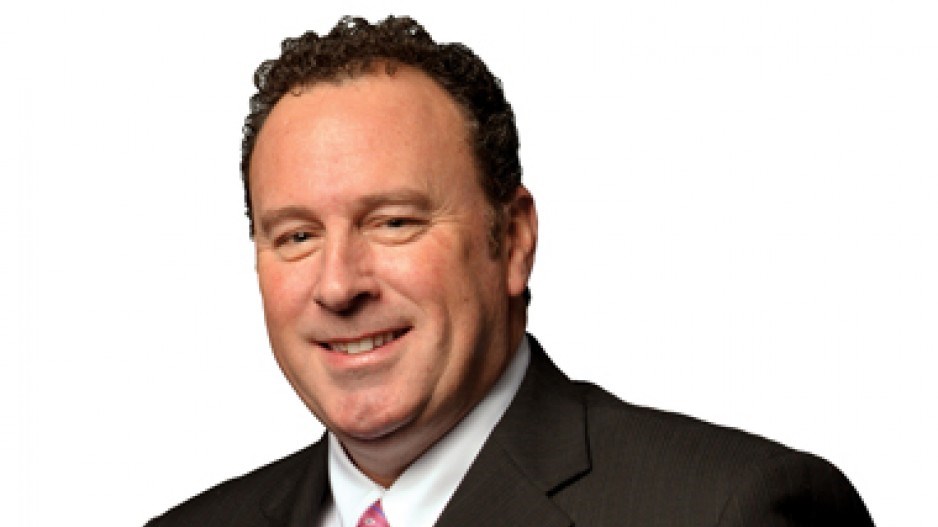British Columbians are among the most optimistic in the country about the state of their financial wealth.
According to CGA-Canada’s annual survey of household finances released last week, 61% of B.C. residents felt they were “living comfortably or doing all right” compared with 56% of average Canadians and 51% of Ontario residents.
British Columbians were also more satisfied with their pace of household wealth accumulation than average. Nearly half said they had money left over in the past year after paying for essential expenses, compared with 42% of Canadians and 38% of Ontarians.
And despite expensive real estate and high overall cost of living, B.C. residents were no different than other Canadians in saying they had no wealth (28%).
But while B.C. residents were optimistic about their finances, that optimism wasn’t necessarily based on fact. About 43% of B.C. respondents to the survey said they seldom or have never calculated the value of their wealth compared with 51% of Canadians and 49% of Ontario residents.
“People’s optimism tends to be a little bit more positive than the numbers tend to bear,” noted Rock Lefebvre, CGA-Canada’s vice-president of research and standards. “There is a bit of a misalignment there.”
According to Statistics Canada data reviewed in the CGA report, household wealth in Canada reached a new high in 2012. But the wealth of the average Canadian has increased only 2.7% on average since 2008. And much of that increase has come from the appreciation of existing assets, rather than from added savings. Half of survey respondents said they don’t regularly contribute to their savings; a quarter said they’ve almost never saved.
People making less than $35,000 a year were the most likely to say they didn’t have enough money to save. Although, 18% in that income bracket were still able to set aside some money for a rainy day.
The survey found that one of the biggest impediments to saving was the level of household debt, especially for higher income earners. Those with rising debt levels were less likely to save regularly and more likely to say they had never made savings contributions compared with respondents with flat or declining debt levels over the past three years.
Lefebvre said the survey results suggest Canadians have increasingly decided to spend now rather than save to spend later. That’s particularly true for those who have the financial ability to save either because of relatively high incomes or capital appreciation from a homeowner’s primary residence.
He noted that higher income Canadians in regions that don’t have real estate prices as high as Vancouver aren’t necessarily saving more than comparable income earners in B.C. People that refinanced their mortgages to take advantage of lower interest rates also didn’t necessarily save more.
“When you see people with family incomes with more than $250,000 or personal incomes over $100,000, and some of these people say they can’t save,” Lefebvre said, “that’s scary.”
The country’s financial stewards like Federal Finance Minister Jim Flaherty and outgoing Bank of Canada governor Mark Carney have urged Canadians to reduce their debt, and by extension, reduce their spending.
B.C. residents seem to have heeded those warnings of late. According to TransUnion, B.C. was the only province in which average consumer debt fell in 2012’s fourth quarter.
But Lefebvre noted Canadians should still focus on accumulating cash rather than rely on appreciation of what they might already have saved. With nearly three-quarters of household financial assets in stocks, insurance products and mutual funds, Canadians are adding a significant amount of volatility into their asset base, which can skew people’s perception of their wealth.
“When people talk about wealth, people might feel we’re just talking about large sums of money. But it’s financial comfort,” Lefebvre said. “There’s a human side to this where, in some cases, despair sets in, even depression in some of the most extreme cases of a loss in wealth. It’s not only about money, but quality of life.” •




